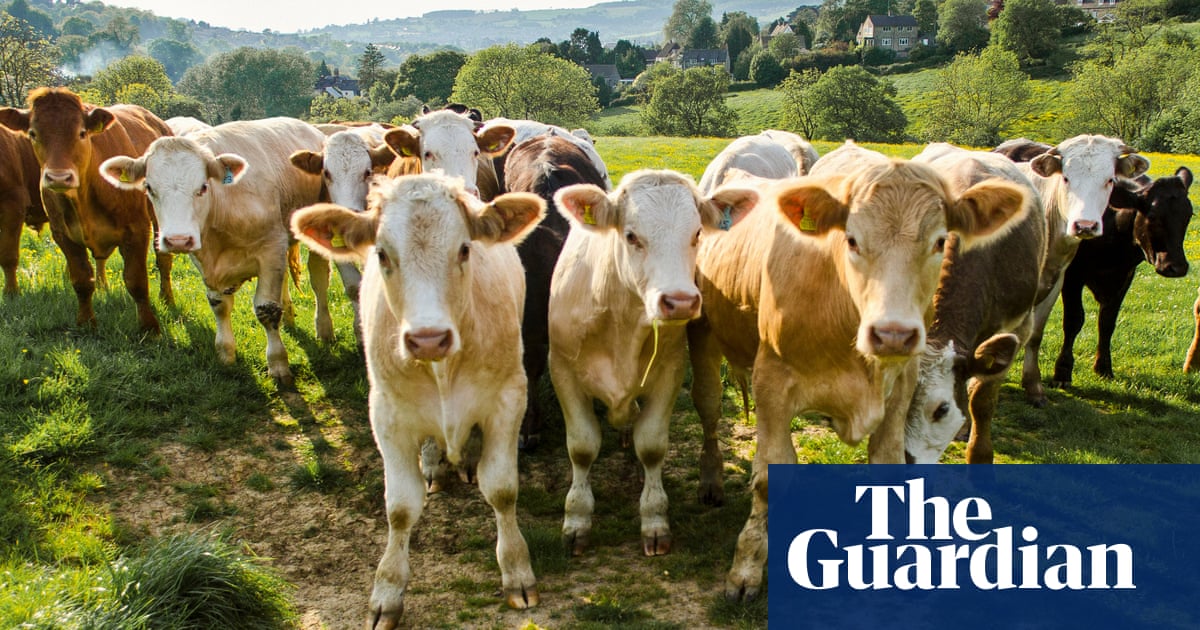
"Extreme heat reduces dairy cows' ability to produce milk by 10%. Just one hour of wet-bulb temperature above 26C can reduce a cow's daily milk production by 0.5%. Exposure to high temperatures also has a prolonged effect, with milk production still lower than typical levels up to 10 days after the initial hot day."
"By mid-century, average daily milk production could be reduced by 4% as a result of worsening heat stress. This drop would particularly affect the 150 million households dependent on milk production globally."
"The damaging effects of heat stress on dairy farms will be especially severe in south Asia, which is expected to account for more than half of global growth in milk production over the coming decade."
"Farmers are already implementing adaptation strategies. On days exceeding 24C, these cooling strategies were only able to inhibit 40% of the impact of extreme heat on dairy production."
Dairy production faces significant threats from increasing heatwaves, reducing milk yield by 10% due to extreme heat. An hourly wet-bulb temperature above 26C decreases daily milk production by 0.5%. Prolonged exposure to high temperatures affects production for up to 10 days. By 2050, average daily milk output may drop by 4%. South Asia will particularly suffer, affecting 150 million households reliant on dairy. Farmers are adopting cooling technologies to combat heat; however, these strategies only mitigate 40% of the impact on production during extremely hot conditions.
Read at www.theguardian.com
Unable to calculate read time
Collection
[
|
...
]